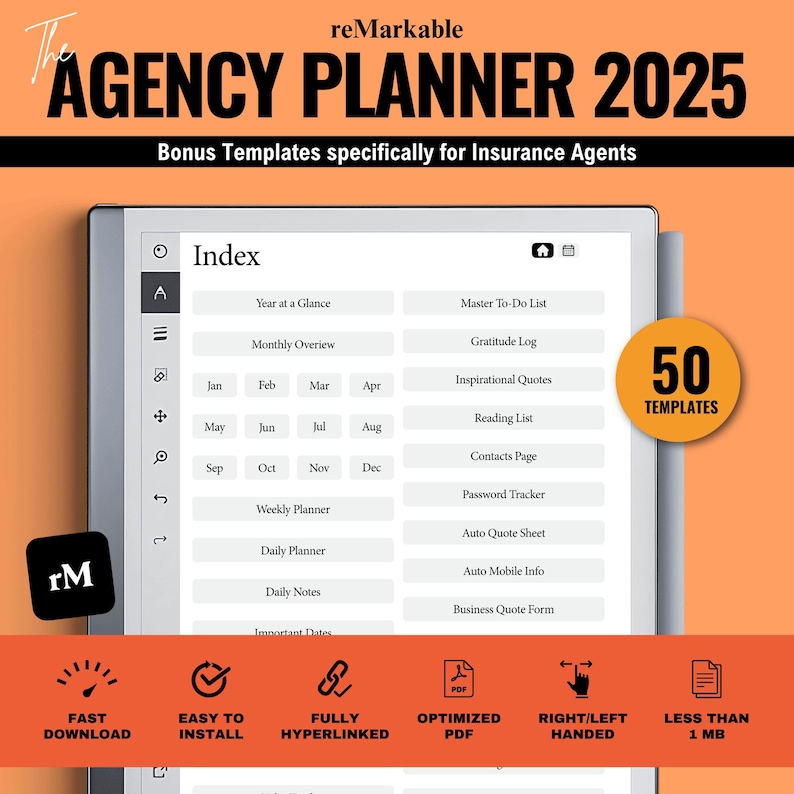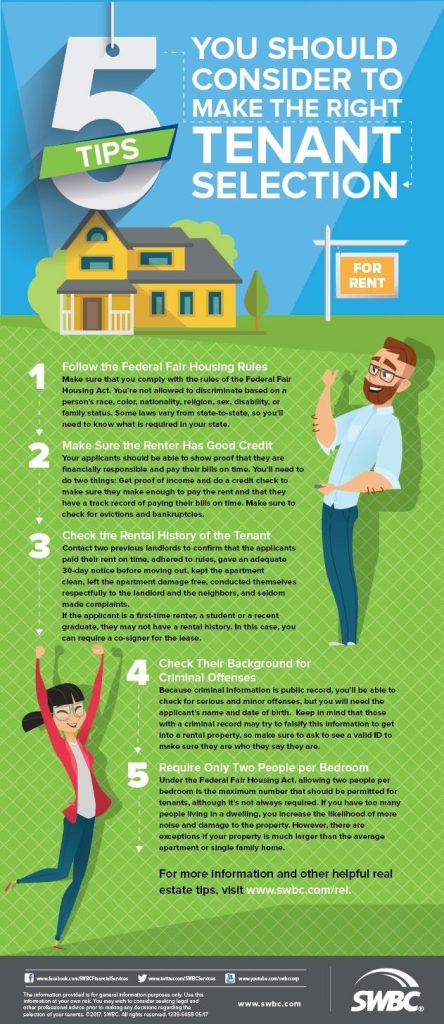If you’re an Airbnb or VRBO host, you know that welcoming guests into your home comes with its own unique set of challenges — and opportunities! One of the most important things you can do to protect your investment and your peace of mind is to have the right landlord insurance in place. But traditional landlord policies don’t always cover short-term rentals, which means you need to be a little smarter about how you insure your property. In this post, we’ll share some friendly and practical tips to help you navigate the world of landlord insurance so you can keep your vacation rental business running smoothly and confidently. Whether you’re just getting started or have been hosting for a while, these insurance insights will help you stay protected and prepared for whatever comes your way!
Table of Contents
- Understanding the Unique Risks of Short-Term Rentals
- Choosing the Right Coverage to Protect Your Property and Income
- Tips for Documenting Your Property and Guests Effectively
- How to Handle Claims Smoothly and Avoid Common Pitfalls
- Closing Remarks
Understanding the Unique Risks of Short-Term Rentals
Short-term rental properties come with a distinct set of challenges that differ greatly from traditional long-term leases. Unlike regular tenants, guests often change frequently, increasing the chances of property wear and tear, accidental damage, or even theft. Plus, the unpredictable flow of visitors can lead to higher liability risks—imagine a guest injuring themselves on your property or causing a disturbance that affects neighbors. Traditional homeowner’s insurance policies usually don’t cover these scenarios, which is why understanding these unique risks is essential for any host aiming to protect their investment.
When assessing your liability and property coverage, consider factors such as:
- Guest behavior variability: Different visitors bring different risks, from noise issues to careless accidents.
- Regular property maintenance needs: Frequent turnovers mean higher demand on upkeep and cleaning, which can lead to unnoticed damage.
- Regulatory compliance: Local laws for short-term rentals can affect insurance requirements and coverage limits.
Keeping these points in mind will help you tailor your insurance strategy, ensuring you’re not caught off guard by unexpected incidents.
Choosing the Right Coverage to Protect Your Property and Income
When selecting insurance, it’s crucial to find a balance between protecting your property and safeguarding your rental income. Standard homeowner policies often don’t cover short-term rentals, leaving hosts vulnerable to significant financial losses. Instead, look for specialized landlord insurance or short-term rental coverage that explicitly covers guest damages, liability claims, and loss of income from unexpected cancellations or property repairs. Keep in mind that some policies offer add-ons for things like pet damage or personal belongings stolen by guests, so tailor your coverage to fit your unique situation.
Consider these key coverage elements to avoid gaps in protection:
- Property Damage: Protection against accidental or malicious damage caused by guests.
- Liability Coverage: Safeguards you if a guest gets injured on your property and takes legal action.
- Loss of Rental Income: Compensation if your property becomes uninhabitable due to covered events.
- Legal Assistance: Some policies include resources to help navigate disputes with guests or neighbors.
Investing in the right combination of these coverages not only keeps your Airbnb or VRBO business running smoothly but also gives you peace of mind to focus on delivering an unforgettable guest experience.
Tips for Documenting Your Property and Guests Effectively
To protect your investment and streamline any insurance claims, it’s essential to keep detailed records of your property and guest interactions. Start by capturing high-quality photos or videos of every room, focusing on furniture, appliances, and any existing wear and tear. Make it a habit to update this visual inventory regularly, especially after renovations or major replacements. Documenting these details upfront creates a clear baseline, minimizing disputes and ensuring your insurance provider has a reliable reference point in case of damage claims.
Equally important is maintaining organized guest records. Use digital check-in forms that include guests’ full names, contact information, and check-in/check-out times. Consider documenting any special agreements or house rules acknowledged by guests to protect yourself legally. Additionally, encourage guests to report any damages immediately and take photos together with you if possible—this helps preserve transparency and expedites the resolution process. Simple tools like property management apps or cloud storage can make this tracking effortless and keep your paperwork in one secure place.
How to Handle Claims Smoothly and Avoid Common Pitfalls
When managing claims, the key is to be proactive and organized. Document everything thoroughly—take photos immediately after any incident and keep copies of all correspondence with guests and insurance providers. Promptly reporting the claim to your insurer ensures that your case is handled swiftly and avoids delays. Remember, clear communication helps prevent misunderstandings, so keep a detailed log of conversations and agreements related to the claim.
- Keep your property in excellent condition with regular inspections to catch potential risks early.
- Understand your policy’s coverage limits and exclusions to avoid unpleasant surprises.
- Encourage guests to follow house rules—this reduces risk and speeds up claim resolution.
It’s also wise to avoid common pitfalls such as waiting too long to file a claim or trying to handle repairs without insurer approval. Always read the fine print, and if something isn’t clear, don’t hesitate to ask your insurance agent. Keeping a calm and professional approach throughout the process not only helps in getting claims approved faster but also maintains a positive relationship with your insurance provider—critical for long-term success as a host.
Closing Remarks
Navigating the world of landlord insurance as an Airbnb or VRBO host might seem tricky at first, but with the right tips and a little proactive planning, you can protect your property—and your peace of mind—without breaking the bank. Remember, smart insurance choices are all about understanding your unique risks, clearly communicating with your insurer, and staying ahead of potential issues. So take these tips to heart, keep your listings safe, and enjoy hosting with confidence. Here’s to many happy guests and worry-free stays!






